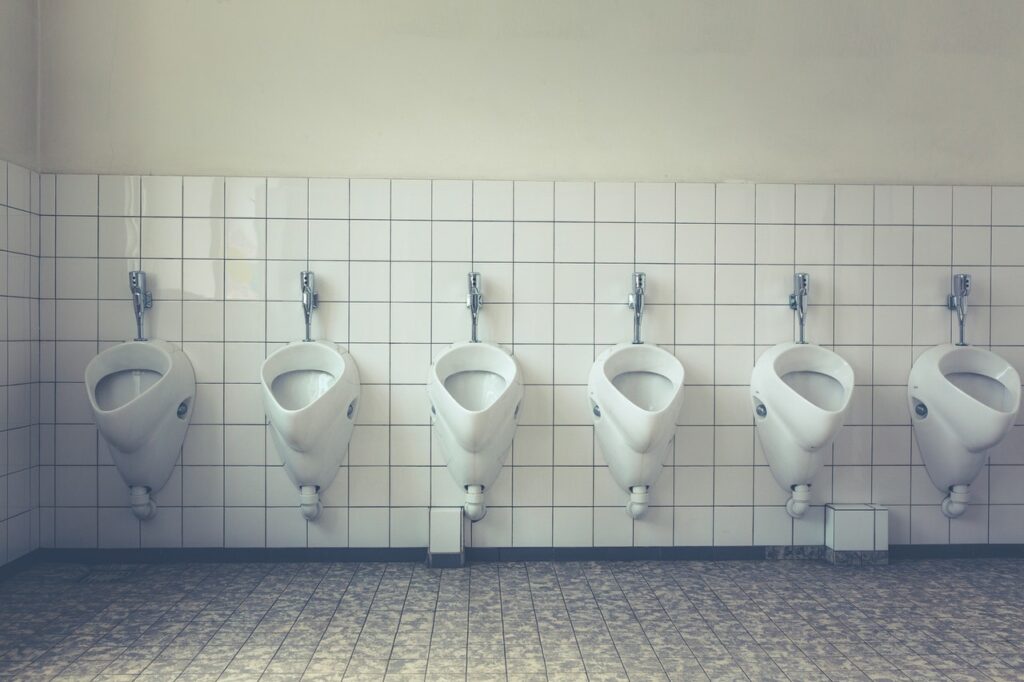


24 June, 2022
Scientists have highlighted human urine as an alternative to synthetic agricultural fertilisers. From a sustainability perspective, ‘peecycling’ (recycling urine) could be a game changer.
Synthetic nitrogen fertilisers are used to boost agricultural production, but also contribute to environmental pollution. Fertiliser prices are also soaring, especially as the war in Ukraine has disrupted the supply chain (Russia is a major fertiliser exporter). This may lead to ever higher food prices as farmers struggle to make ends meet. Meanwhile, waste systems (particularly in developed countries) use vast amounts of water to flush away human waste, which is then treated to remove ‘pollutants’ using energy-intensive sanitation treatments.
However, the ‘pollutants’ contained in human urine include nitrogen, phosphorus, and potassium, all valuable nutrients for crops. Separating urine at source and ‘peecycling’ could therefore be the missing link, preventing unnecessary production of synthetic fertiliser and treatment of wastewater, both of which are energy intensive. Such a process allows urine-excreted nutrients to be repurposed as agricultural fertiliser.
Organisations such as the Rich Earth Institute are working hard to optimise the ‘peecycling’ process, while also conducting outreach work to increase awareness and understanding of this issue. They even accept urine donations from locals! The main challenge ahead is to scale up the process to make best use of the general population’s urine. As global supply chain issues put pressure on businesses, and climate target deadlines approach, perhaps now is the time for ‘peecycling’ to go global.
By Miriam Shovel